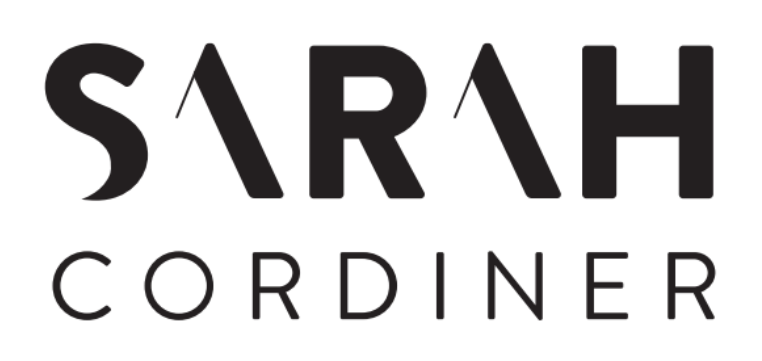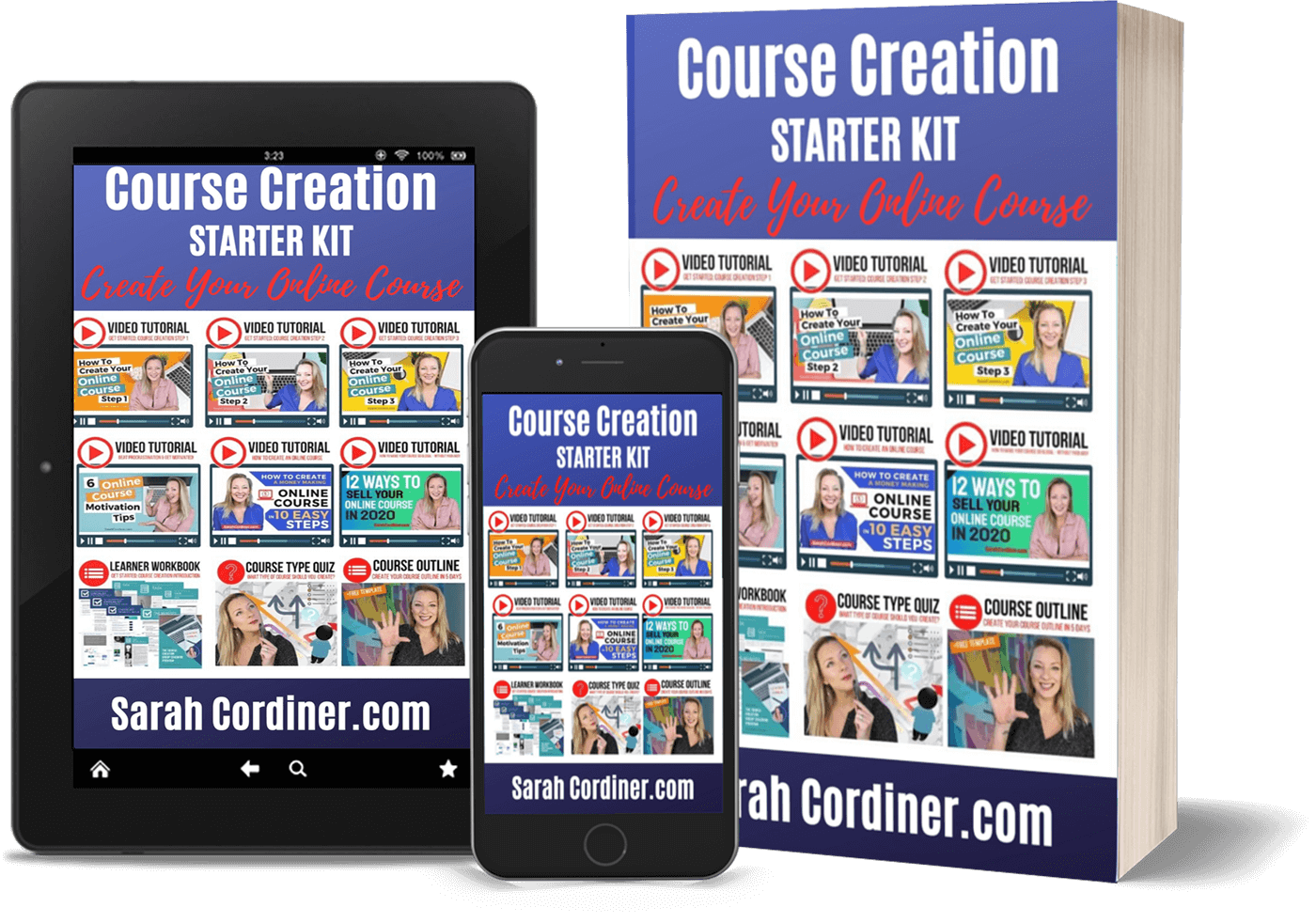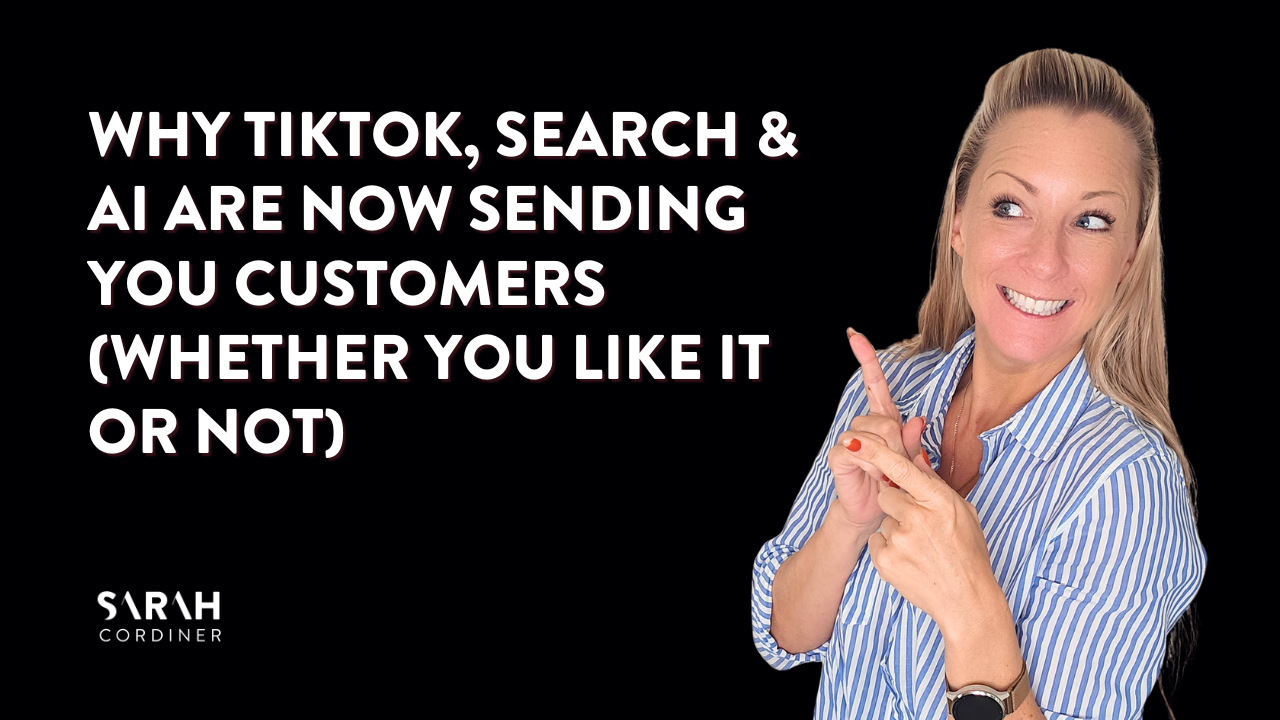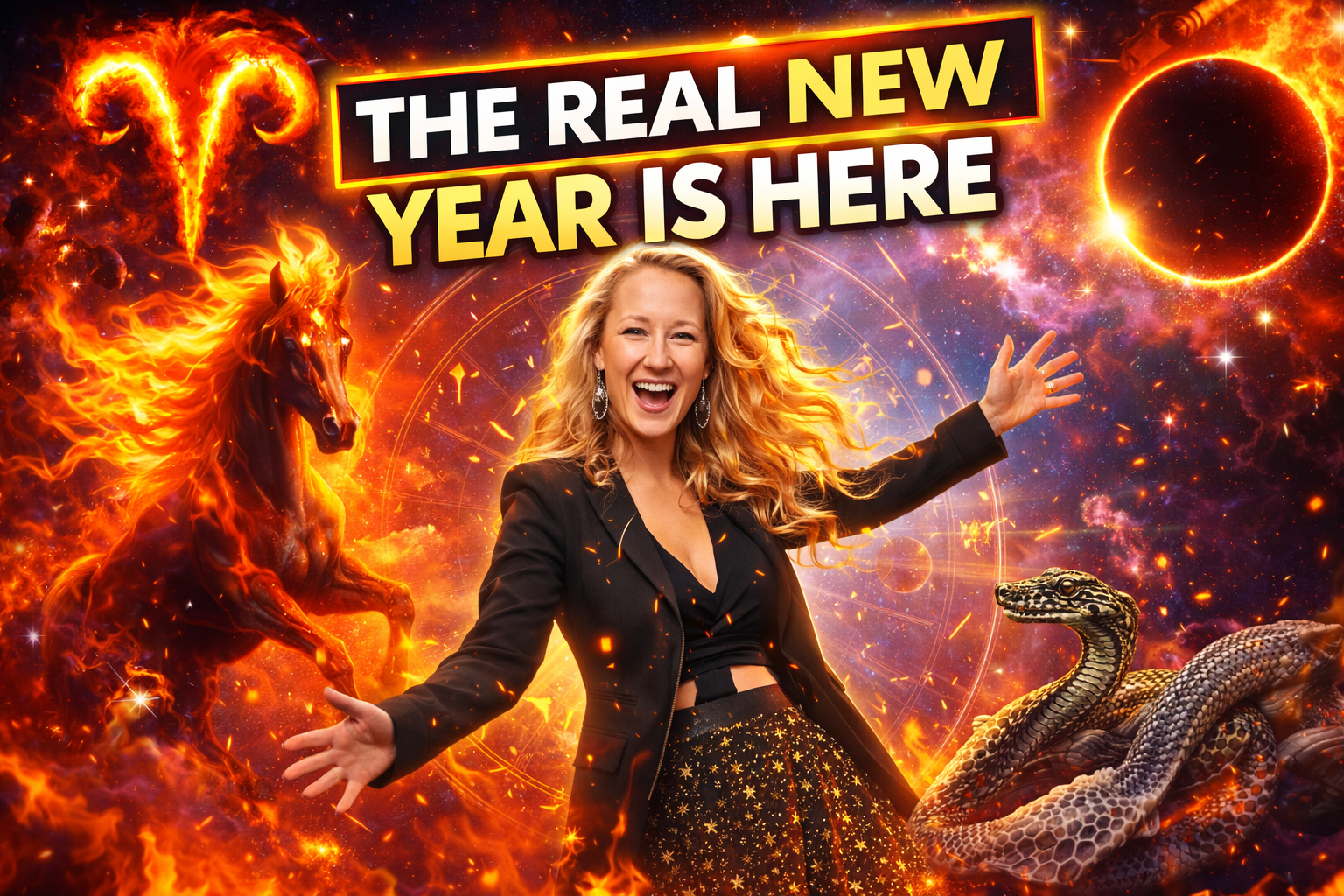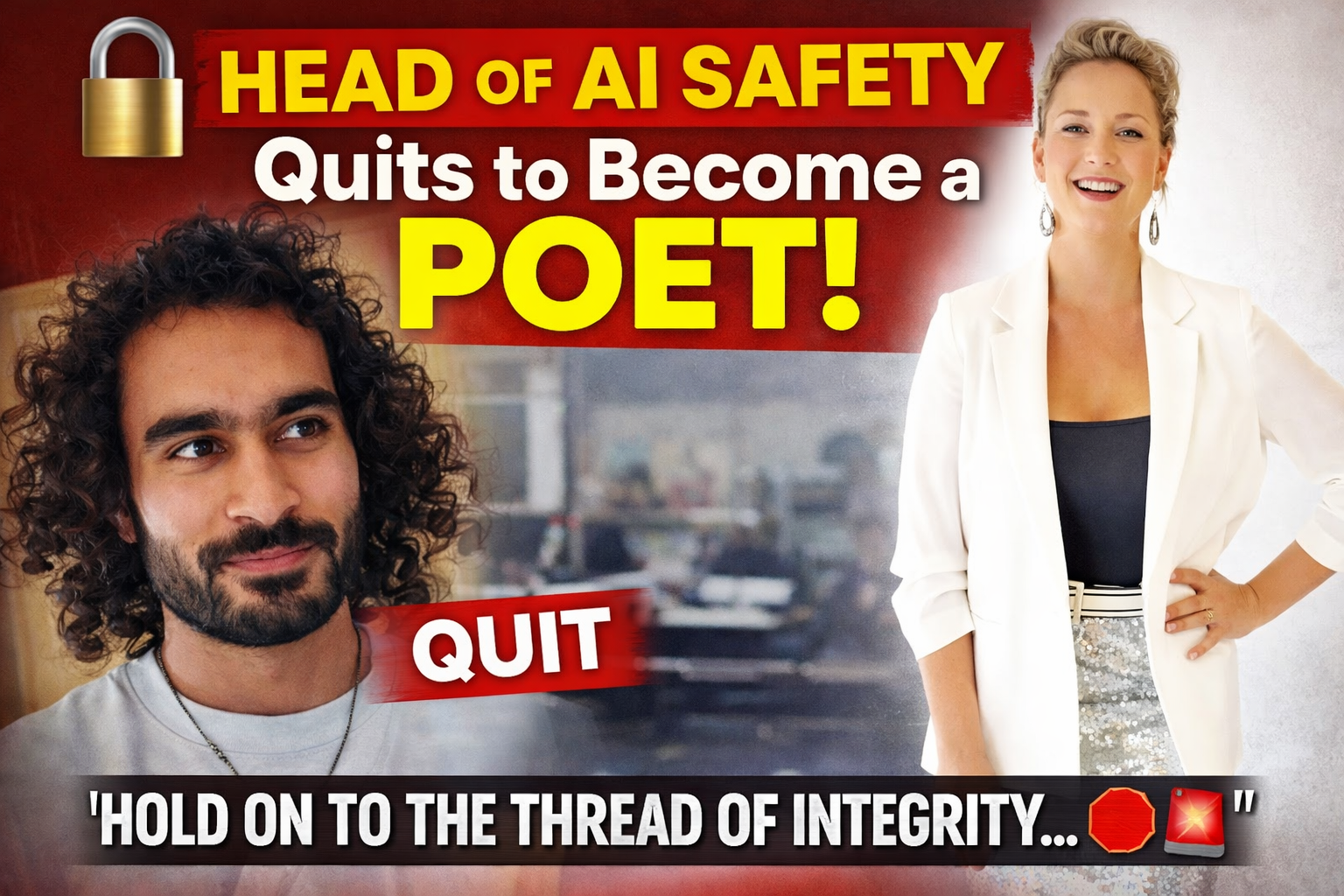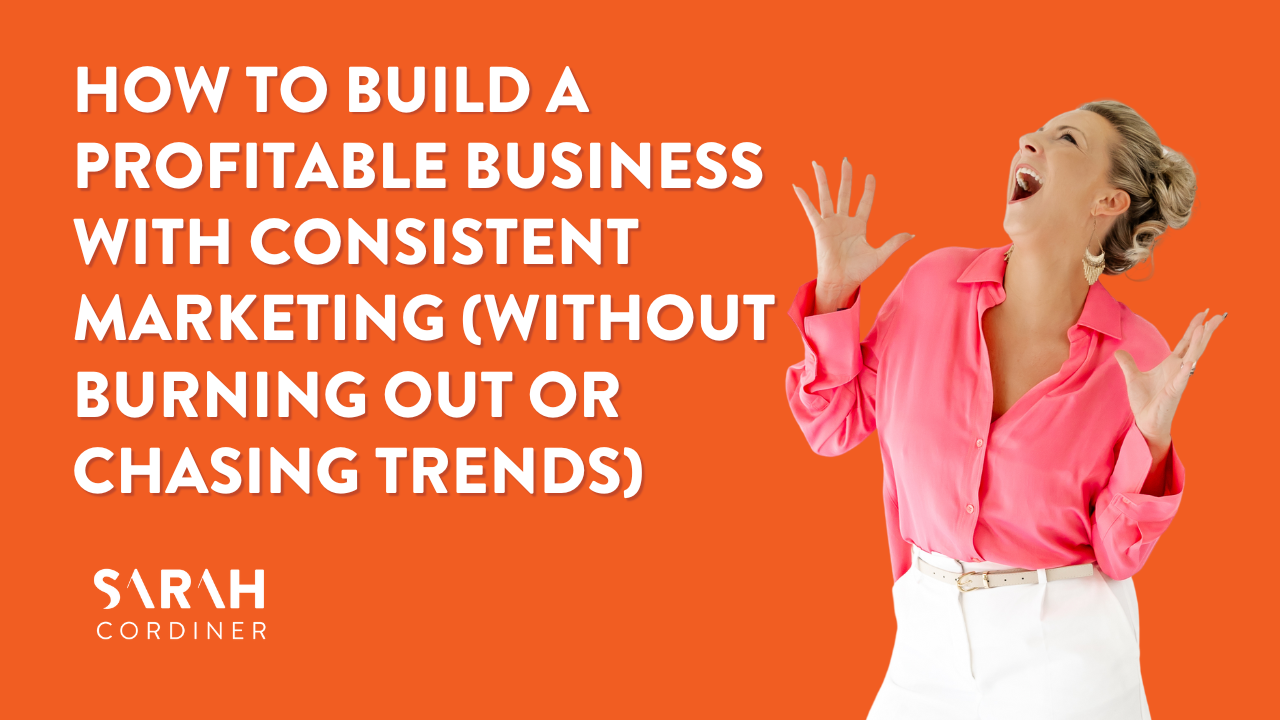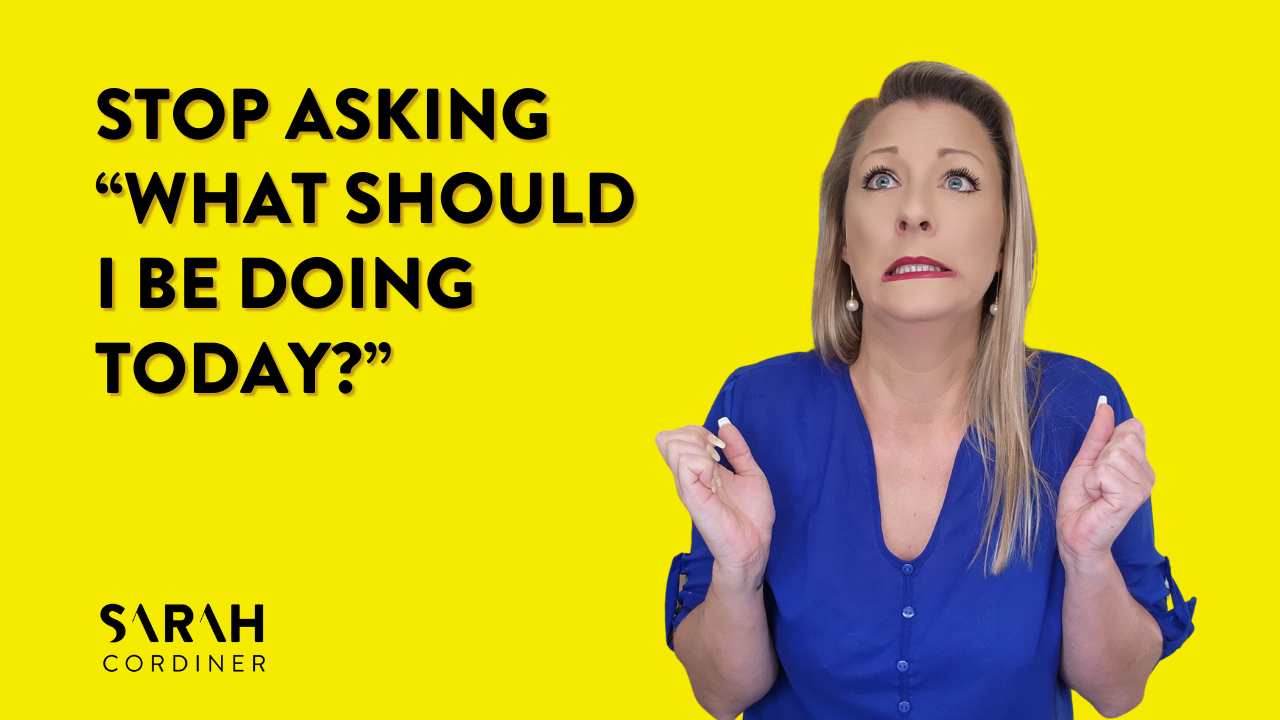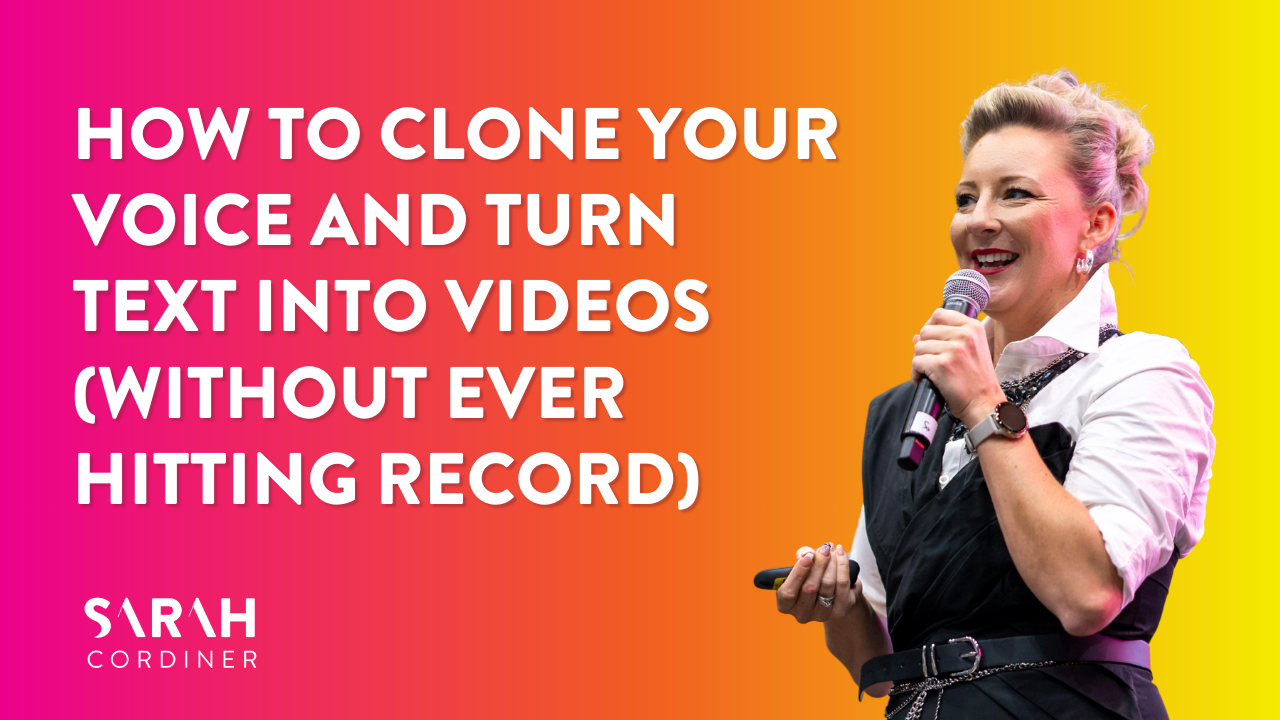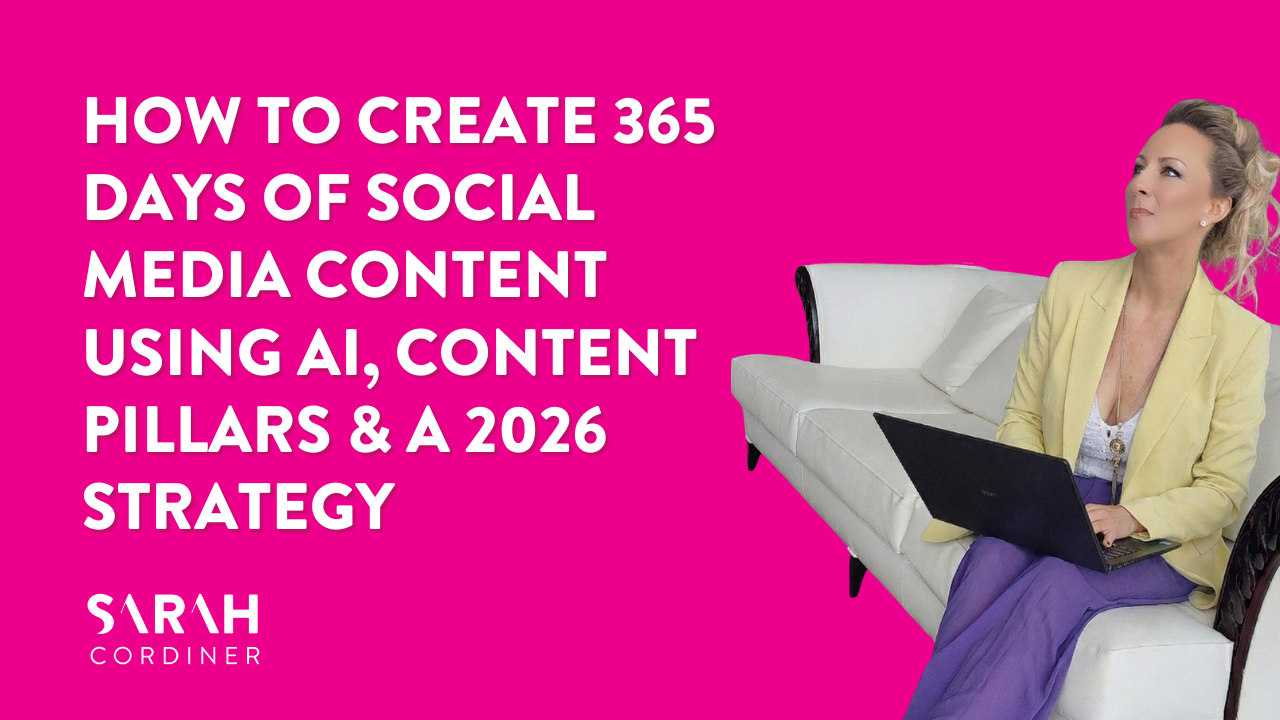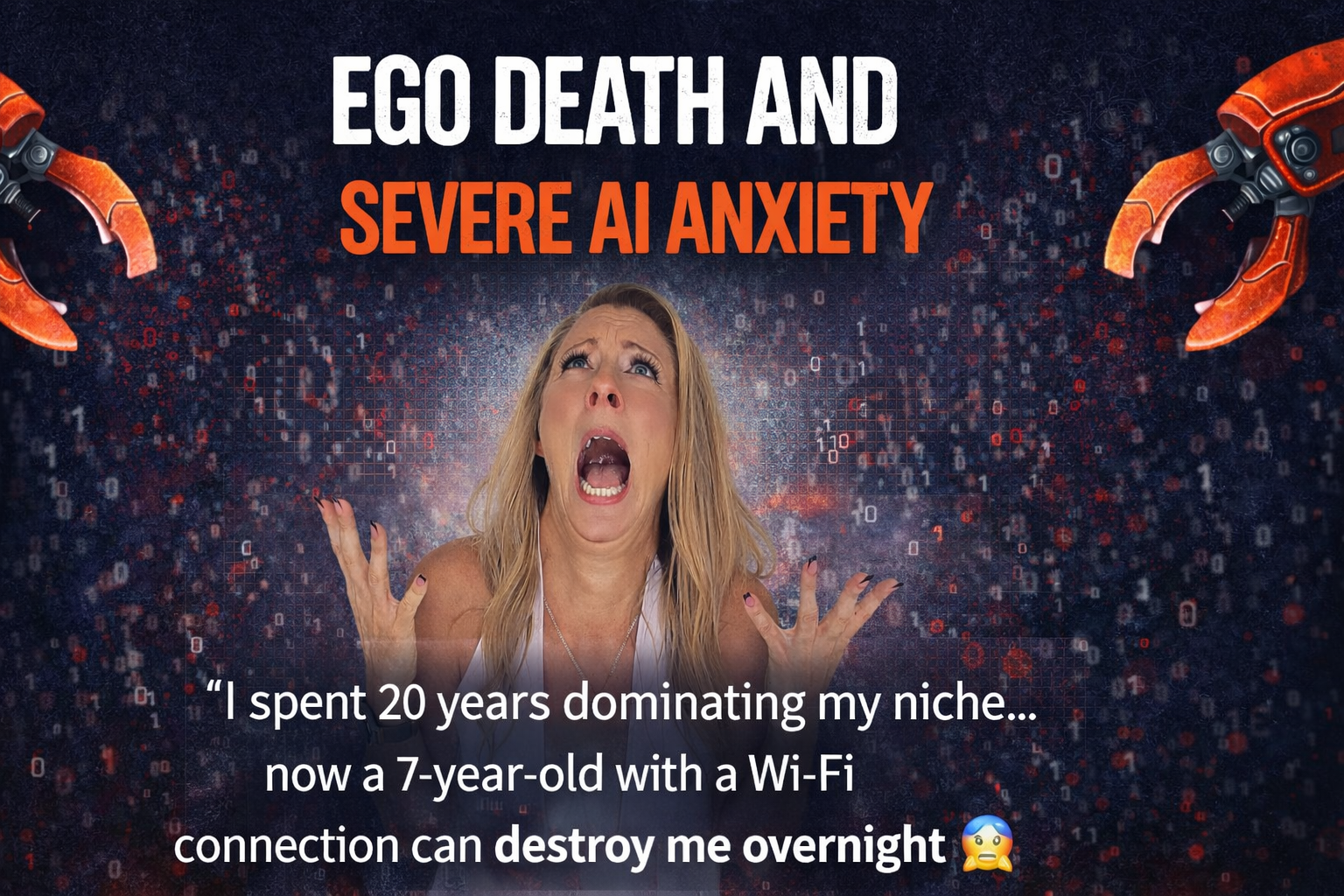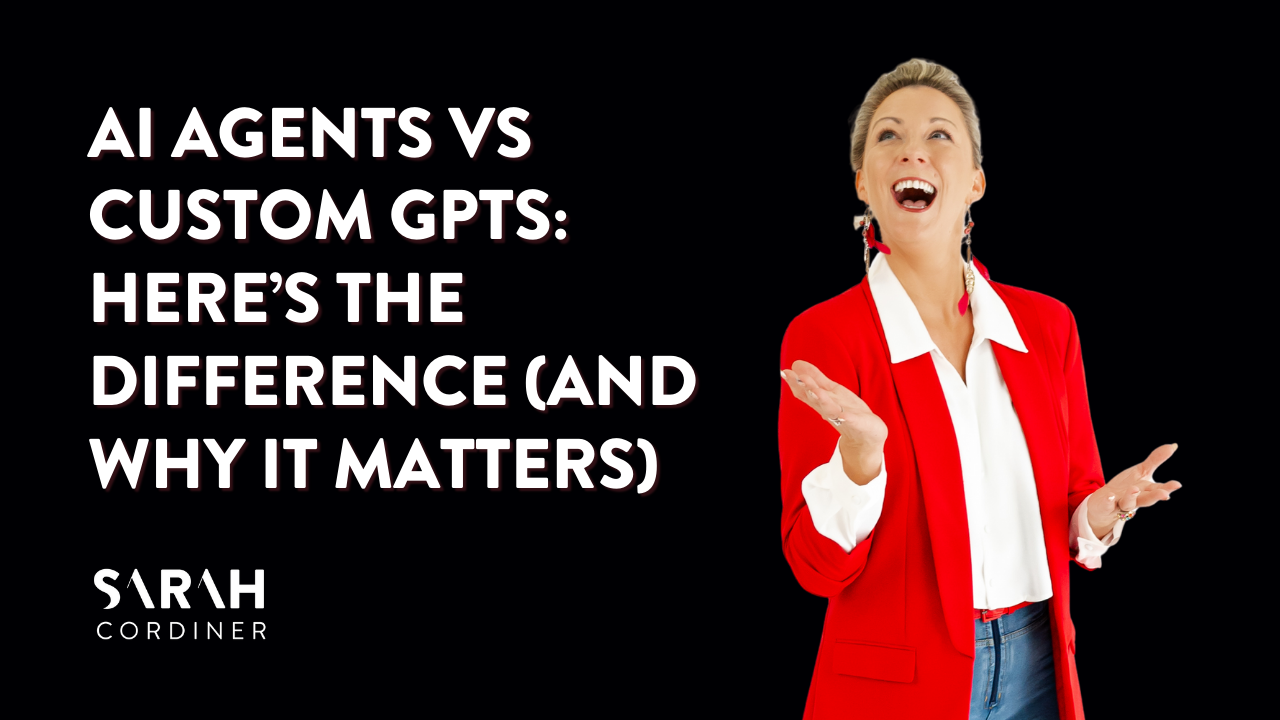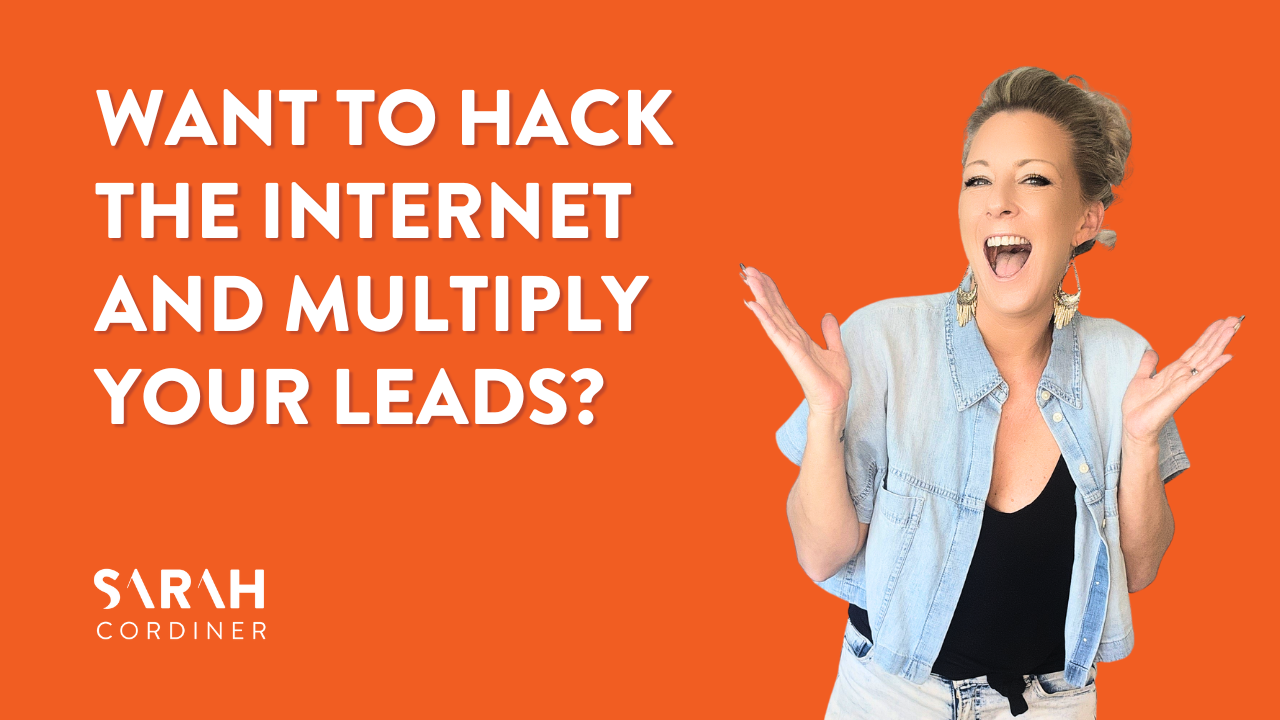The Course Creators
Podcast
How To Protect Your Intellectual Property with Andrea Smith
Get Sarah's FREE Course Creation & Business Growth Training
How To Protect Your Intellectual Property with Andrea Smith
LISTEN TO THE PODCAST
As course creators, entrepreneurs experts, we are all creating content information processes, methodologies, systems that are unique to our brand. They are the things that make our author unique. And so it goes without saying that many course creators come across moments of fear, concern, and worry about my intellectual property. What if someone steals my stuff? What if someone copies my work? What if somebody illegally downloads shares and resells my content?
Now, of course, we cannot completely and utterly ever predict nor control what other people may or may not do, or nor can we control other people’s intents and activities. However, as course creators, entrepreneurs, business owners, there are some things we can do to try and limit the impacts that might be felt if people do copy our work or IP.
Now I’ve got an amazing guest here today: Andrea Smith, who is a copyright professional has been working in the space of copywriting, intellectual property and content for creatives for over 20 years, and also is trained in intellectual property.
I think unfortunately, and it’s probably because of Google and the ability to search and find information so easily and quickly, people are often not aware that intellectual property exists and that they can’t use those, those items and probably all of us are guilty of it at some stage and not even realizing.
Hello, and welcome to this episode about copyright and intellectual property. Now, as course creators, entrepreneurs, experts, we are all creating content, information, processes, methodologies systems that are unique to our brand. They are the things that make our offer unique. And so it goes without saying that many course creators come across moments of fear, concern, and worry about my intellectual property. What if someone steals my stuff? What if someone copies my work? What if somebody illegally downloads, shares, and resells my content? Now, of course, we cannot completely and utterly ever predict nor control what other people may or may not do, or nor can we control other people’s intents and activities.
However, as Course Creators entrepreneurs, business owners, there are some things we can do to try and limit the impacts that might, might be felt if, if people do copy our work or IP. Now I’ve got an amazing guest here today. I’m so excited about this chat today. And we have here Andrea Smith, who is a copyright professional. Has been working in the space of copywriting, intellectual property, and content for creatives for well over 20 years and also is trained in intellectual property.
So today we are going to go through a few tips, tricks techniques, things that you can do to try and help keep your content protected, and some ideas about what you might be able to do if you find yourself in that situation. Now, disclaimer, this is information only, and we recommend that you contact a legal practitioner, lawyer, attorney in the space of IP and copyright in your own industry sectors, if you want advice in this space. But we hope the information we’re going to share with you today gives you some food for thought some implementable techniques, and I can’t wait to hear your feedback on how you found today.
Andrea welcome! Hello. Tell us a little bit about your background, where in the world you are today, and I can’t wait to hear some of these ideas.
Hi Sarah. Um, I am in the lovely Mount Cotton in the Redlands in Brisbane. It’s quite hot today. Um, so that’s my beautiful space.
That’s, it’s a lovely area to live in. Um, my background, um, I was actually initially a graphic artist who found myself working in the music industry. Um, with one of the areas of both my study and the work that I did with musicians that really stood out as a beacon to me, of something that they, people did not have any knowledge on was their copyright and IP.
Um, so sort of early in my career, I had, um, some design work pinched off me. So it was, um, pitch from a client. Um, And, um, I had no idea what to do because I wasn’t trained in that area. Um, so my, my graphic design training didn’t give us anything to help us with that. Um, luckily I was able to do my own research and resolve that situation reasonably amicably, I guess.
Um, well, I got the resolution that I wanted from it. Um, and it led me to realize that it was something that. Most people have a little bit of a need of a knowledge of, and rarely have a need. Um, that they led me down the track of I’m realizing that in these days of social media, there’s so much wrong advice that I have taken it on myself to try to, uh, fix that.
Uh, I’ve been teaching copyrights for over 20 years. Uh, mostly to creatives, uh, but to other business people as well and have in the last couple of years and particularly taking advantage of COVID, um, doing some study with the world intellectual property organization, um, down the track, I have a book that’s nearly finished on copyright for small businesses.
Amazing. And just to let you all know in the comments description area, there are all of the links to Andrea’s work website. So you can go and check those out if you would like to get some more information from the pro. So I am, I first of all, put together, sorry, a brief blog post on, on different ways.
That course creators can try to protect their intellectual property. But Andrea, you know, you are the pro at this, you’re trained at this. I am absolutely not an expert in this whatsoever. But I would really, I love to hear from you, um, you know, your, your perspective on, you know, should course creators consider copywriting their work. Should they go and, and, you know, look, some of these things can be fairly expensive. Maybe you can help us, with some of that advice today. Is it something we must do? What’s your viewpoint on that? Yeah.
Um, it, that’s a great question. And copyright is actually free and automatic in most countries. Uh, some countries have another level of protection that has to be paid for. The US is one of those. But in countries like Australia, for example, there is no way or means or, or requirement to pay anything. Um, so once you have written down your course ideas, the work that you have created is automatically under copyright. And that goes for the US too. Where, where a lot of people do think you do have to pay, the payment only offers you that extra level of protection.
Um, but I think there are things that you, you have to consider. Uh, so that copyright is only available. There there’s four things that create a copyright, whether your work is original, um, whether it’s in material forms. So for something like a course that you’re creating initially, that could be written down in some way. So you’re, you’re writing down your structures and your content, even before you might make videos, for example, or a PowerPoint presentation, that would probably be your first step. Um, It has to be, um, what’s called an expression of an idea and I’ll explain a little bit about that, um, after this. And then there has to be an original author.
Um, so at the moment it means that it can’t be, um, AI. Or someone that’s not a human being that makes that course. So they’re the four things and they’re the only things you need to be able to cover.
That’s amazing. So, first of all, you’ve debunked a massive myth. Obviously, I heard you say the word in some countries. Um, but you know, I to hear that here in Australia, for example, where we’re both at right now, that copyright is free. I mean, that’s absolutely massive, amazing, and exciting. So there are these four criteria you have to meet.
Um, so one of the cool things that you’ve mentioned there is that the idea that the product, the course has to be in writing. So one of the things I recommend to all course creators in my course creation training is that the first thing we do is create a course outline that describes the modules, the lesson titles the content that will be covered in these sections. So you’re saying now that cause plan already is not only critical for creating a great design, but it’s actually part of our copyright process. I mean, that’s incredible.
Exactly. So that, there’s something that, that that’s part of copyright, that’s called an expression of an idea. Um, and the way that the best way to understand that is something, um, it’s, it’s a theory that a lot of writers might be, uh, reasonably familiar with called the hero’s journey. Yeah, the hero’s journey is, is an idea. Um, the expression of the idea. So if we talk the hero’s journey of somebody that took a journey, um, so it was somebody that came from a poor background. Um, they had to go on a long arduous journey and they came out the hero and wanting the end. Um, that’s an ex that’s an idea. Uh, an expression of that idea could be Indiana Jones or Harry Potter or the Lion King. Um, or something that actually has some flesh around it.
Yeah. The actual story structure and breakdown itself would be the expression, which is what’s copyrightable.
Yeah. And our course creations. Uh, um, then that expression of, of the idea.
Amazing. See these course plans are critical for so many reasons. Make sure you follow the steps again, like towards plan written down. Okay. So we get, we could, we’ve got our course plans. So another thing I recommend our course creators do, um, some people like to script their videos before they actually go in and deliver those training videos, other people who are a bit more confident in front of the camera, they know their thing, they jump in front of the camera, they filmed their courses. I then recommend that they get those videos transcribed because there’s so many other purposes that rig that can be repurposed for later. But so now from what you’re telling us, those transcriptions then actually can go in to support the copyright of our content then.
Yep. So then you’ve got, um, you’ve got that course plan. You’ve got your videos, which are also a material form. Um, so it doesn’t just have to be, be written. Um, but I am a course creator myself. So I know that, um, and I, I write courses both for myself and for, um, official training organizations. So I know that I would always have a course plan first.
Then if I’m making a video, my video my PowerPoint presentations, everything goes to support that that is your original work. Um, one thing I would say is that, I tell all my creatives and really creating a course is the same, keep all the mistakes. So, uh, that might mean you might put tracking on your word documents and keep that original version because that shows that you’re working through a process. Um, so I’d liken it to writing a song. If I write a song, there might be some lines that don’t fit and most songwriters would probably say, “Oh, well, I’ll go type that up now and I’ll throw away all the working versions.” For copyright purposes, you should never throw away the working versions.
So, if I’m writing a course say for one of my clients, I would have, um, either do version control and keep my different versions. Or I would do, I often use Google, um, Google docs to work with clients. And then I’ve got all the tracking and the Google docs, and then I just download it and I’ve got all their comments and everything, and we can see the process of creating that course. We’ve worked from A to Z, um, for the final product. And, and that that’s great for other reasons as well to keep those.
But it’s also great to prove that you’ve worked through a process. And that that’s a proof that the copyright is yours.
Yeah. I love it. I’m a massive fan of Google docs myself, because of mostly the collaborative features, the fact that you can access it on any device that you’re working on. Uh, but also because of that document changes tracking it.
So for those of you who don’t know what we’re talking about, um, Google docs is like Microsoft Word, but on Google. Um, and at the very top of your document, it will say right in the middle of the screen, last update was on. And then it will say the date and time. If you click on that, Then actually a whole page will appear of every single change that’s ever been made in that document the day, the time, the change that was made and who made it, which is absolutely incredible. So of course, what Andrea is saying to us here is that also forms part of our Copyright. This is so great.
So let’s say now, you know, our course creator, they’ve got their course plan outline. They’ve got their PowerPoints and workbooks. They’ve transcribed their videos and have all of that in writing. All of this stuff is put together. These are all things that we can use for our copyright. What do we do with that to, to make it Copyright, is there something we have to do with it?
No, it’s just there. So that’s something that I would then keep on file and I would keep all those changes on file as well. So I’m, I’m a big believer in version controlling as well. Uh, so I can go back and look at my past versions, but if I was, um, let’s say I was writing my, my script for my video, I might, um, just version control that, or I might even be writing that by hand and crossing things out and rewriting them, keep that paper copy as well.
Amazing. So just the fact that it exists is now something that you can use, pick up and take to whomever requires to view that information should a copyright issue arise.
Exactly.
Amazing input.
Yeah. There is one myth that I don’t know where it actually arose. But I work with lots of creatives and particularly music people seem to bring this one up a lot. So maybe it did originate somewhere in the music industry somewhere way back. And that’s that you put the work on, say a USB or a CD and put it into an envelope and post it to yourself, and that’s in the US they call that Poor Man’s Copyright. And that actually doesn’t work. Um.
Actually you know, that’s what I have been advised so many times before, and I pass it on because I’m like, do you know what, it’s just another thing I’ve got. That’s brilliant. I’ve advised that so many times. So really there’s just, there’s just no purpose to that whatsoever.
It won’t stand up in a court case. Uh, I actually went to a session with a lawyer friend. Where he had, um, lawyers, politicians that he was trying to show, um, how copyright should be taught and how important it was, um, particularly in, in tertiary courses, but in schools as well, and people from the creative sector and he demonstrated live how he could bend something onto a CD.
Um, so he had a pre-prepared envelope that he posted to himself with a black CD in it. He got the kettle out, steamed opened the envelope, put the burnt CD of someone else’s working stolen into the envelope. Got his glue, stick out. Resealed it really carefully. Passed it round and we’re none of us could tell.
Oh my goodness!
That the CD that he had, that he posted to himself, the original one was actually blank.
Wow. That is incredible. Okay. Well, there we go. That’s debunked me too because I always thought, you know, it’s the thing, at least I’ve got something there. Incredible. Now. Um, I do have another question, Andrea, because, in this space, I see three keywords that are thrown around all the time. And I think there’s a lot of confusion about what the differences between these three things.
So there’s Copyright. Should I shop, should I Copyright my course? Then there is Intellectual Property Law. Then there is trademarking. So we’ve got these three things here. Are they the same? Are they different? What do we need to do? Can you just give us a key, sort of, couple of key ideas about what they are? Um, when would you need each of those things?
Yep. Sure. So, so Intellectual Property Law is the overarching, um, law that covers Trademark, Copyright, but also a whole lot of other things as well. So patents if you’re you’re making inventions and it also, um, all sorts of other weird things that really don’t come into more of the creative writing Course Creation side of things.
So Copyright sticks under Intellectual Property Law as probably the most common side of intellectual property, because it’s something that a lot of people own without realizing they own it. So every small business person will own Copyright in some form or another, even if they think they don’t. Uh, I think it’s a bit of, again, a bit of a myth that copyright is something that creative people own and they, people don’t realize the breadth of, Copyright and, and what it covers.
Uh, Trademark is another part of Intellectual Property Law, and that covers a range of things, but for mostly, for Course Creation, it would cover, uh, logos. Your, so, could cover your business name and logo. It could cover your course name and logo. So it’s really all around the branding of your product. So I have my Applause Genie business name, trademarked. And that’s trademarked under a group of, uh, products and services. So trademarking has what’s called classes and they’re the areas or that the, uh, activities that you would do in your business. Uh, so because I do a lot of seminars, I would have the class that covers events and seminars, workshops, courses.
That, uh, are mostly live in my, um, under my trademarking. I would also have products that go with that. So books that I might hand out, uh, my own textbooks that I’d create. Then I would have my online course space. So if I was a musician, I would have my live events, my sales of my music, my sales of my merchandise, because they will no doubt have merchandise.
Uh, so there’s ranges of classes and you pick the ones that suit the activities that you do in your business. If someone else came along and used the name Applause Genie, probably be highly unlikely, um, in another country and in classes that I don’t have registered under my name, I probably couldn’t stop them using it.
Um, that’s probably the beauty of having names that are creative and mean something. So with my business, I work mostly with creatives. I work with a lot of musicians and performing artists and people say that what I do is a little bit of magic. So after actually I was well lit along the laborious crisis.
Um, I came up with that name and really went from a very generic, boring name that I couldn’t trademark to that name that I could because it has that great history and background of my work history in the space. It’s probably not likely someone else is going to take that. Um, so definitely trademarking is a thing that you can do for your business and potentially your course name as well, but you would have to think long and hard about how creative that name is.
If it’s fairly generic. So. So if I’m doing a gardening podcast and I, I just call it the Gardners’ Podcast, I might not want to trademark that. Um, trademarking is is reasonably expensive and it takes a long time. So at the moment, I think in Australia, it’s about seven or eight months. Um, I’ve just done a course, uh, by, from the intellectual property office in Korea.
And it was about the same there. I believe the US is roughly about the same timeframe, so it can take a long time for it to process and it can be quite expensive. Um, that’s an area where I would suggest definitely using a trademark lawyer. So even though I’ve been learning about trademarks, I know all about it.
I was able to identify some of the classes that I could trademark under, and I knew how the whole process worked and I could, I could certainly lodge the paperwork myself. I used a trademarking lawyer to do my trademarking. Um, the beauty of that was she understood the classes a lot better than me and came in and said, you’ve forgotten this, this, this, and this. So there are a number of classes that I should have been working under that I wasn’t.
Yeah, this is just such incredible information. Thank you so much for answering that. Um, so another question I have, you know, and I see these posts come up all the time in Facebook groups is people will go, like, I’ve just found that someone’s copied one of my videos or one of my videos has been downloaded from to YouTube and somebody else is doing something with it.
Right. So somebody basically found out that someone’s, you know, acquired a piece of their content and he’s using it somehow. And then the threads, you know, get very out of control very quickly. There’s pitchforks and knives, and let’s set fire to them and take them down kind of comments in a lot of people.
Um, the first thing they want to do is be like, right. Let’s sue them! Let’s sue their behinds and take them for everything they’ve got. All right. Let’s chill. What would you say is, I mean, I know every country will be slightly different in terms of the legal side, but what kind of steps would you advise a course creator, entrepreneur to take?
If they see that something of theirs is being used or copied without their permission, what would you do first?
Personally, I would be very, I would not identify anybody or anything in any thread on social media. Because it’s just as bad if you’ve got it wrong as if they’ve stolen your work. So if, if you accuse someone of stealing your work and they actually haven’t, uh, you can be just in just as much trouble as the, if someone has actually infringed your work.
So, um, in most countries, Copyright Law has some clauses around that. So I would suggest be very careful don’t name, any names. Don’t name the business of the person and probably don’t take 90% of the advice that people give you on those threads. Uh, here in Australia, we’re quite lucky that we have, um, two organizations that are very helpful.
Uh, one is that the Copyright Council, and I’ll give you the link to them, to put in the resources and they have lots of downloadable sheets that you can download about what to do to protect your own Copyright and what you can Copyright and what to do if someone’s infringed. And we also have the Arts Law Centre of Australia that are a Not-for-profit body that can give advice.
And again, they have really good blog posts and resources on their websites. Other countries have organizations that are very similar as well. So there, there are resources out there that can assist. I would first up, do really do the research that you need to do to make sure that you’re 100% correct that they have stolen your work. Screenshot anything, because they might take it down.
So particularly if you’ve put something on social media, even if you haven’t named the person, someone might’ve identified them, or somebody may have told you, that they you’ve had your work infringed, and they may go back and say to the person, well, I’ve told them, you know, and they may take that down. So make sure you go in straight away and collect all the evidence you need to.
And if you screenshot it from your computer, make sure the dates there. So you capture your whole screen, uh, to make sure it shows, shows, dates, and times. And, um, because obviously if a date and time is in a file name, I know when I do screen captures on my Mac, it gives me the date and time that I can go and change that, um, at file names.
So I would be making sure that, um, you can put times and places. The website, if you can grab it and collect all the details that you need. If that’s on someone else’s website like YouTube or Facebook, you can go in and report. Directly to them and get them to take it down. And sometimes some of those sites are very good. Some are a little bit slow, but they are obliged to actually take those things down.
Yeah. If we’re not going to get you’re running to the lawyer’s office at this stage. So we’ve gathered all of that data, uh, you know, do we put our pitchforks down or get ’em out at this point? Would you go and contact the person? Um, what would do then?
If it’s on somebody else’s platform. So if it’s on YouTube or Facebook, I would just go straight to the source, the platform and say somebody has infringed my, um, my IP. Can you please take that down? And they are obliged to actually take that work down so they should do it. Sometimes it can take a couple of times of contacting them. And every one of those sites has a link that you can just fill in the form or, or it has an email that you can email directly to, to say the copyright has been infringed or the IP has been infringed. And they do take that very seriously because they don’t want to be part of a lawsuit. So that’s your first step.
If then you have problems, you probably need to go and seek, an IP lawyer. And that’s where one of those Not-for-profit bodies can be that middle ground that can give you the right, the right advice. If it’s on that person’s own platform. So if it’s is a stolen work that’s on somebody’s website, for example, or I’ve had, um, somebody could come to one of my seminars where some photographs she’s taken that she had taken more on somebody’s brochure. That is a little bit more difficult. And I would be inclined to seek legal advice first if it’s very serious. So you know that you had a client in your course and they’ve taken down all your course content and are repurposing it elsewhere, I would probably go straight to a lawyer.
If it’s one video, I’d contact them and say, you know, I am going to seek legal advice and you might find, they might be scared enough to take it down. Um, but don’t be too accusing to say, I have noticed are you aware that I own the intellectual property in this? I think, unfortunately, and it’s probably because of Google and the ability to search and find information so easily and quickly, people are often not aware that intellectual property exists and that they can’t use, those items. Um, and probably all of us are guilty of it at some stage and not even realizing. Um, then if you do have to seek legal advice because you’ve taken that first step of collating all the information, you’ll have everything that you need to be able to give to the lawyer. Um, and then if we take a step back because when you created your course, you’ve got all those version controls and all those working notes at everything that was from your starting point to your finished product. That’s really good evidence to show that you created that piece of work.
Yeah, amazing. So I really love the advice as well on the wording. Cause you know, you always see people get really aggressive about this and then they say they share screenshots on social media of their like power message. “I will sue you. You’ve stolen my work. I will do this if you don’t take it down.” And like you’re saying, you know, that’s like the first way to fast track yourself to a defamation matter at the same time as having to seek legal advice for Copyright protection.
Yeah. So for example, I just had recently a friend on Facebook say um, a very well-known newspaper stole a photograph he put on Facebook. He wrote to them, um, quite coincidentally, I used to work for this newspaper some years ago, so that’s pretty bad. And they said, “Oh, we credited you.” Um, crediting is only one part. You actually have to ask permission and pay if people, um, if you want to use somebody’s work, there’s three steps. You have to credit that’s the law, um, in, in most countries and that’s called moral rights.
So, so that’s one part of, um, of Copyright. The second part is the economic rights, which means you have to ask permission and pay a licensing fee if somebody asks you to pay. So he just wrote to them and said, you credited me. I think they spelled his name incorrectly anyway. Um, you know, I will invoice you. Um, or I will have to take legal advice and they, they came back and said, what do you want us to pay? Um, so they knew they’d done it and they would, you know, and I think they’re hedging their bets, if people don’t approach them, they’ve got away with it. If they do approach them they will pay. He basically said, well, this is what I would normally charge but because of that, um, the difficulties of finding out that this had happened to me and the fact that you shouldn’t have done it, I’m charging you three times as much. And they just paid it. Nice.
So, um, as we come to wrapping up at this, uh, this amazing, amazing, amazing session today. Thank you. Um, are there any sort of final, quick tips things that people should consider doing or putting into place, uh, as just part of their product creation process that may help if a situation arises where they feel like their work has been duplicated.
Yeah, I have, I tend to work with spreadsheets for a lot of what I do because, and no doubt, some of your, your listeners will be the same. You are also potentially using the IP of others in any courses that you’re creating. So for each course, I create a bit of a spreadsheet and I will just have, uh, this is, this is the module. Then I will have columns across and I will say, well, the video and that content is mine. I wrote that I created that. The workbook and the content is mine, but I’ve used a photo in that workbook that I purchased of, uh, Depositphotos say, or Shutterstock. And, you know, I have an annual subscription to those.
So I’ve chosen that photo and I will always download those licenses to the photos and then put a link to in my spreadsheet to where I’m holding that license. So, in my case, it would be a folder on my computer and also a folder on a cloud. And I would just put both of those links in to say, this is, this is the folder I’m holding those in.
So if I’m ever asked, I can show that resources that I’m using that are not mine, that I’ve purchased from, from somebody else. And the resources that I’m using are mine. And where I’m holding each of that information on file. Um, so for example, as well, I’m very lucky. My husband is a musician and songwriter and he writes all my little theme tunes for any courses or anything.
Um, for private or public presentations I make. But I know that as well because they’re still his copyright. They’re not mine.
Amazing. Now I do have one question on here creating our own content and making sure that we’re not the ones that are breaching other people’s IP. IP is, um, a question I see very commonly come up is, um, around sort of you reusing and sharing YouTube videos inside educational content.
You know, we are putting content up on a public platform and people say, course creators say right. If I found a YouTube video, it’s not mine somebody else’s YouTube video, that supports whatever it is I’m teaching in my course. What are the sort of legalities around me embedding that? Or putting a link to that YouTube video inside my course content?
Is it considered a reselling of IP because the course is paid or is it considered next to resource? How do we go about that kind of situation?
Um, that’s one I actually come up with a lot because I write resources for a, um, a, uh, organization that delivers qualifications. So that’s, you know, people who will actually get a proper certificate out of it.
And we obviously have resource guides. With my resource guides, they’re either printed or online and they’re just simply links. So they would be, for example, if I was writing their Copyright and IP resources, I might say, go to this website for this. Go to this YouTube video for this, and I’m putting the links. Once you embed that is a copyright infringement.
So the way around that is to actually ask. So if you then went to that person and said, I really love your, your work. Can I either license, which means you may have to pay a small amount for that, or they might say just credit me and you can use it. Get it in writing. Again, keep that as part of your resources. But never use without asking somebody first.
Um, so I’ll give a, to give a really good example around that. Um, I have a client that does, um, um, creative courses. So he did their face-to-face. So he works with, um, people in a long-term unemployed and they teach them confidence and skills by teaching them something creative. And one of the things they do is this concrete pouring thing that I don’t understand much about, but he found a really great video on YouTube that really supports what they’re teaching. And he wanted to show that in well, in their resources that students take home with them, but also live in their, their courses. He just contacted the person and the person said, and it was somebody I’ve seen so I think, and the person said, as long as you credit me, I’m really happy for you to use that.
Hm. So in their course resource, so it’s a little video that people take home. As, uh, if I want to replicate this at home, I can go onto their website and, um, really look at all those videos, that video, they don’t embedded it. It’s a standalone extra resource and they have, um, underneath that they actually have a description, you know, that this has been kindly, um, allowed by this person. And here’s the link to her website and her other resources.
Amazing. So it doesn’t have to be hard. Andrea, this has been the most insightful interview that I’ve done in a long time. It’s absolutely amazing. And I know that this is going to really, really help a huge amount of people. So thank you so much for your precious time.
Could you just let us know how people can get in touch with you if they would like to work with you or get more information from you? Of course, the link will be below, but for those listening.
Yeah, sure. So my website is, uh, applausegenie.com.au. And you can find me there. And my email is magic@applausegenie.com.au.
Absolutely fantastic. This has been really, really helpful. You’ve given me a few things to put on my, to-do list today Andrea. Um, but you know, these things are important for us to consider and hopefully none of us ever need to actually worry about, uh, this particular issue. One of the things I often say to people is I would much rather have my content out there changing people’s lives and helping the world than hold it back in the fear that one person might misuse it.
You know, there are ways in which you can keep yourself protected, but please don’t withhold that amazing information, your unique way of delivering what it is that you do. Out there in the world. It’s going to be making a difference to somebody’s life. It’s the only way it’s going to make you an income as well.
So please don’t be afraid of all of this stuff. It doesn’t need to be scary. Um, you know, there are wonderful people out there like Andrea here can give you advice to make sure that you are protected. Should you need it? But hopefully, like insurance, you’ll never will cross fingers.
The amount of times it happens is actually rare.
So I think, and I think often when people see those threads online, they get really worried. But think about the amount of people that are out there creating content and the amount of times you actually, something happened. It’s, it’s quite rare. Something really funny my husband has a song that’s been used in a lot of ads and movies and TV shows, and we get lots of emails, Facebook messages, phone calls, text messages every time it’s used people are like, “They stole his song!” And we’re like, no, they licensed it. They paid money for it. So, you know, often what you see in the public is not necessarily what you think. You will see content being used and reused. And what sits behind that is a license and somebody has actually paid to use that or reuse it. Um, yeah, so it’s a legitimate reuse.
Love it. Absolutely amazing to host there, Andrea, thank you so much for your time today. And I hope that lots of people come and get in touch with you for more information and, uh, wish you all the best. Thanks for being here.
Thank you, Sarah. It was a pleasure.
Absolutely. Awesome. And if you are thinking about creating your own online course, don’t forget. You can grab my course creation, starter kit, completely free of charge. It has heaps of tutorials on there for creating your own amazing online course. Go to sarahcordiner.com/starterkit to get that completely for free. Look forward to seeing you in another episode. Bye for now.
BECOME AN EXPERT IN YOUR INDUSTRY
Whether you love to learn how everything works yourself to master course creation and expert-based business skills for life;
want to join a group of like-minded people to enjoy the course creation journey with;
or you just want the entire job done for you - I can help you design, develop and publish high-quality online courses in any industry on your own custom created online school, complete with all of your marketing integrations set-up and running.
There are 3 main ways to become a stand out expert in your field with your own courses, books, services, consulting, speaking and industry presence:
